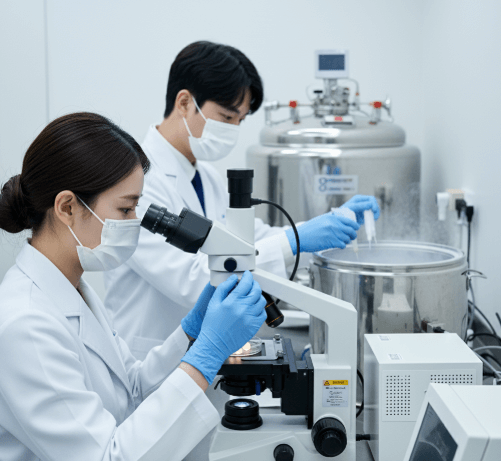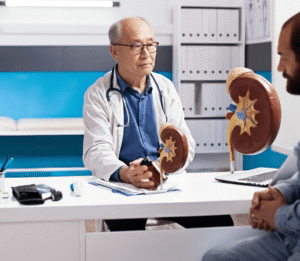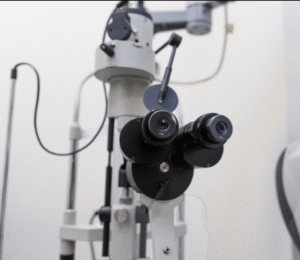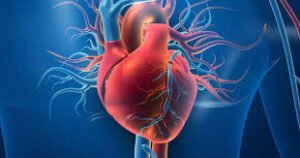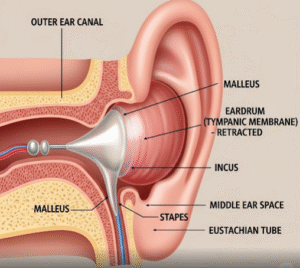What it is
Egg freezing, also known as oocyte cryopreservation, is a fertility preservation technique where a woman’s eggs are retrieved, frozen, and stored for future use. The eggs can later be thawed, fertilized with sperm, and transferred as embryos through IVF.
✔️ Purpose: To preserve fertility before age, illness, or medical treatments affect egg quality.
✔️ Method: Eggs are collected after ovarian stimulation and frozen using vitrification (rapid freezing technology).
✔️ Availability in Korea: Performed in fertility clinics, women’s hospitals, and university hospitals with advanced reproductive labs.
➡️ Egg freezing in Korea is gaining popularity among career-focused women, cancer patients, and women delaying childbearing.
Why it’s done
Egg freezing is chosen for various reasons:
🔹 Age-related fertility preservation – since egg quality declines after age 35.
🔹 Medical reasons – such as before cancer treatment (chemotherapy, radiation, surgery).
🔹 Social reasons – women who want to delay pregnancy for personal or career reasons.
🔹 Fertility challenges – women with family history of premature ovarian insufficiency.
🔹 Backup option – for women undergoing IVF but wishing to store unused eggs.
💡 Highlight: Egg freezing gives women the freedom to plan pregnancy later while preserving younger, healthier eggs.
Alternatives
Women who are not ready for egg freezing may consider:
➡️ Embryo freezing – eggs fertilized with sperm before freezing.
➡️ Ovarian tissue freezing – experimental but may be an option for younger patients.
➡️ Natural fertility planning – focusing on trying to conceive earlier.
➡️ Adoption or donor eggs – for women who cannot preserve eggs or conceive naturally.
⚠️ Note: Egg freezing is not a guarantee of future pregnancy, but it significantly improves chances compared to relying on eggs at an older age.
Preparation
Preparation for egg freezing in Korea involves several steps:
✔️ Initial consultation – fertility evaluation with a gynecologist or reproductive specialist.
✔️ Blood tests – to check hormone levels (AMH, FSH, LH, estrogen).
✔️ Ultrasound scan – to assess ovarian reserve and antral follicle count.
✔️ Medical screening – infectious diseases, general health assessment.
✔️ Lifestyle adjustments – doctors may advise on nutrition, supplements, and stress management.
💡 Tip: Korean fertility centers offer comprehensive fertility check-up packages, often including ovarian reserve testing and counseling.
How it’s done
Egg freezing in Korea follows a step-by-step process:
- Ovarian stimulation
- Daily hormone injections for 8–12 days to encourage multiple eggs to mature.
- Monitoring with ultrasound and blood tests.
- Egg retrieval (oocyte collection)
- Performed under light anesthesia using a thin needle guided by ultrasound.
- Typically takes 15–30 minutes.
- Egg evaluation
- Retrieved eggs are assessed for maturity.
- Freezing (vitrification)
- Mature eggs are rapidly frozen and stored in liquid nitrogen tanks.
- This method prevents ice crystal formation, keeping eggs viable.
- Storage
- Eggs can be safely stored for years without losing quality.
💡 Highlight: Korean clinics use cutting-edge vitrification technology, ensuring high survival rates when eggs are thawed in the future.
Recovery
Recovery from egg freezing is usually quick:
✔️ Mild bloating, cramps, or spotting after retrieval, which resolve in a few days.
✔️ Return to normal activities within 1–2 days.
✔️ Emotional recovery may be needed, as fertility preservation can be a sensitive decision.
✔️ Eggs remain frozen until needed, with no ongoing treatment required after storage.
When to revisit a doctor:
➡️ Severe abdominal pain or heavy bleeding after retrieval.
➡️ Symptoms of ovarian hyperstimulation (OHSS) – severe bloating, nausea, or shortness of breath.
➡️ Future planning for thawing, fertilization, and embryo transfer.
💡 Important: Korean clinics emphasize follow-up fertility counseling, helping women decide the right time to use their stored eggs.
Treatment option in Korea
Korea is a leading destination for egg freezing because of its advanced reproductive technology:
⭐ High-tech fertility centers with world-class laboratories.
⭐ Experienced specialists in reproductive endocrinology.
⭐ Affordable egg freezing packages compared to Western countries.
⭐ Integration with IVF programs for seamless future fertility planning.
⭐ Multilingual support in major fertility hospitals for international patients.
💡 Highlight: Korea’s fertility clinics offer precision, affordability, and advanced technology, making egg freezing accessible and reliable.
Key Highlights
✔️ Egg freezing preserves fertility for women delaying pregnancy.
✔️ Done through ovarian stimulation, egg retrieval, and vitrification.
✔️ Ideal for women with medical, career, or personal reasons.
✔️ Recovery is quick, with only mild discomfort after retrieval.
✔️ Korean fertility centers offer world-class, affordable care.

